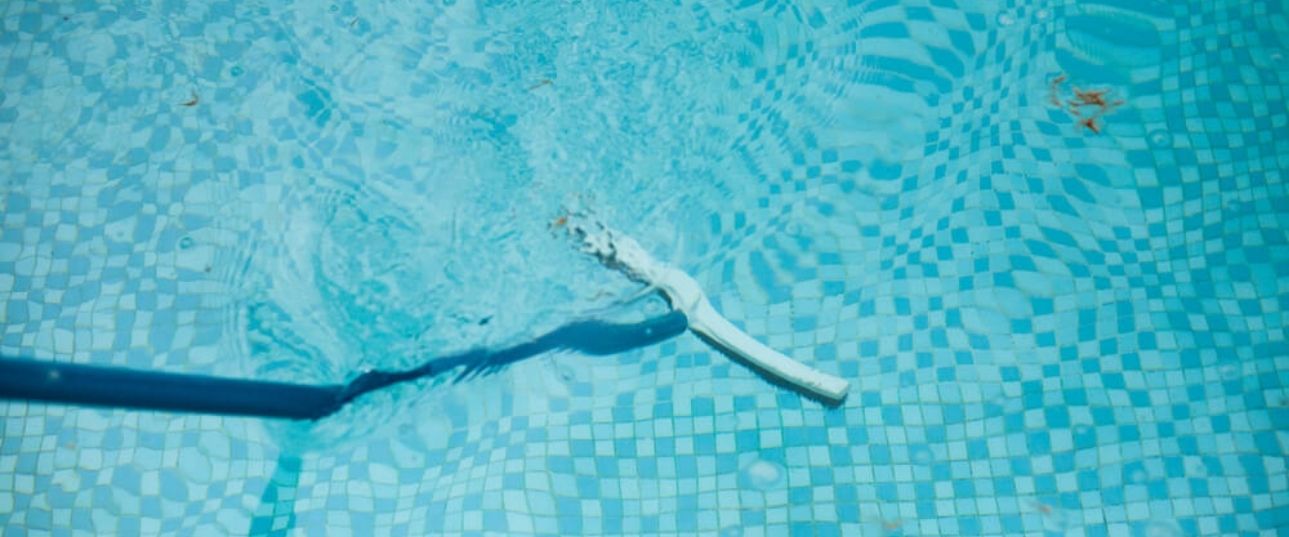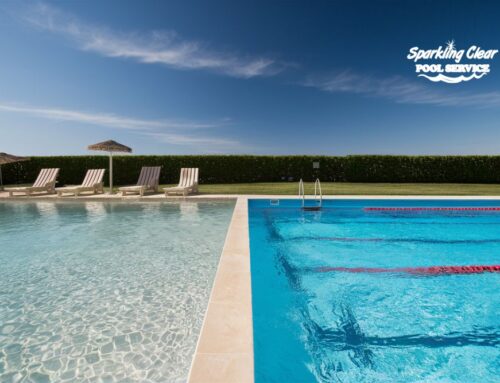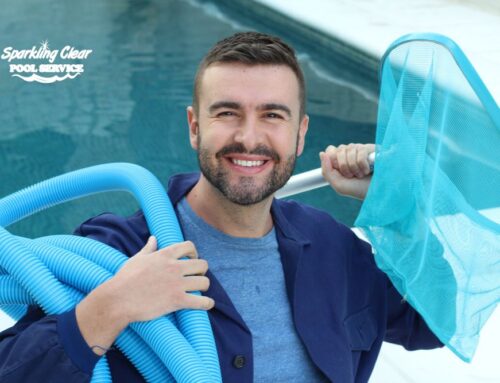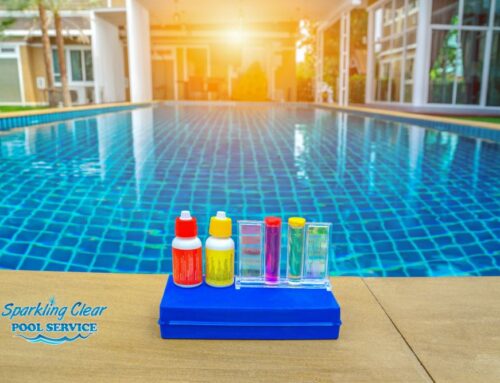Brushing your swimming pool will help to keep your pool in good shape and let you enjoy it for longer. After all, a pool is a massive investment that contributes to your home’s appeal, and you’ll need to have it occasionally brushed to get rid of dirt and a lot of other unwanted particles.
Here’s what professionally brushing your pool entails.
Why is Pool Brushing Necessary?
Pool brushing helps to check or get rid of:
- Scaling: The water in your pool attracts tiny debris from the air outside. Unless you filter these particles out, they’ll settle at the bottom of the pool and form an unsightly film. Brushing helps prevent such scaling.
- Pool stains: Staining may result from the buildup of substances like dirt, oil, or tiny metal particles on pool surfaces. Brushing is one way to get rid of stains and keep your pool surfaces pristine.
- Algae: You’ll need to regularly maintain your pool to eliminate conditions that can promote algae growth. By brushing, you can remove certain types of algae that settle into the tiny pores of pool surfaces.
- Etching: Adding solutions such as salt, calcium, or a decrease in the pH levels of your pool water may cause corrosive etching on pool surfaces. You can prevent such corrosion and keep your pool surfaces shiny and smoother by brushing.
When is Brushing Your Pool Required?
To prevent the unsightly buildup of chemicals or algae growth, try to brush your pool at least once per week. Here are occasions that may warrant pool brushing:
- After plastering pool surfaces
- After adding chemicals
- To get rid of stains or algae
Pool Cleaning 101: How to Brush Your Pool
Here are some practical pool-brushing tips:
- Use a short-poled brush for the pool sides. You’ll need a handle extension to clean the bottom.
- Begin with the steps and benches before heading over to the shallow-end walls
- Clean the shallow end floor first and work toward the deep-end outlet
- Deep end pool surfaces should be cleaned last
- Maintain a straight posture to protect your back
- Utilize a long-reach handle for any follow-throughs
- Be consistent and thorough if you’re brushing to get algae or other stubborn stains off the pool surfaces.
- Always work toward the main drain.
The Right Type of Pool Cleaning Brush to Use
For best results, you must choose your pool cleaning brush based on the specific work you’re doing. For example, a brush with nylon bristles is ideal for all types of pool surfaces. However, you may want to clean plaster or pebble surfaces with a stainless-steel brush. Don’t forget to include a corner brush. When it comes to the durability of your brush, you may want to choose a tool with an aluminum handle and frame.
These are some of the tips for brushing your pool and keeping it spotless. As it takes some effort and commitment to maintain the aesthetics and safety of your swimming pool, why not let us at Sparkling Clear Pool Service handle the task for you? For your regular pool maintenance requirements, call us at 214-361-0255 today.






